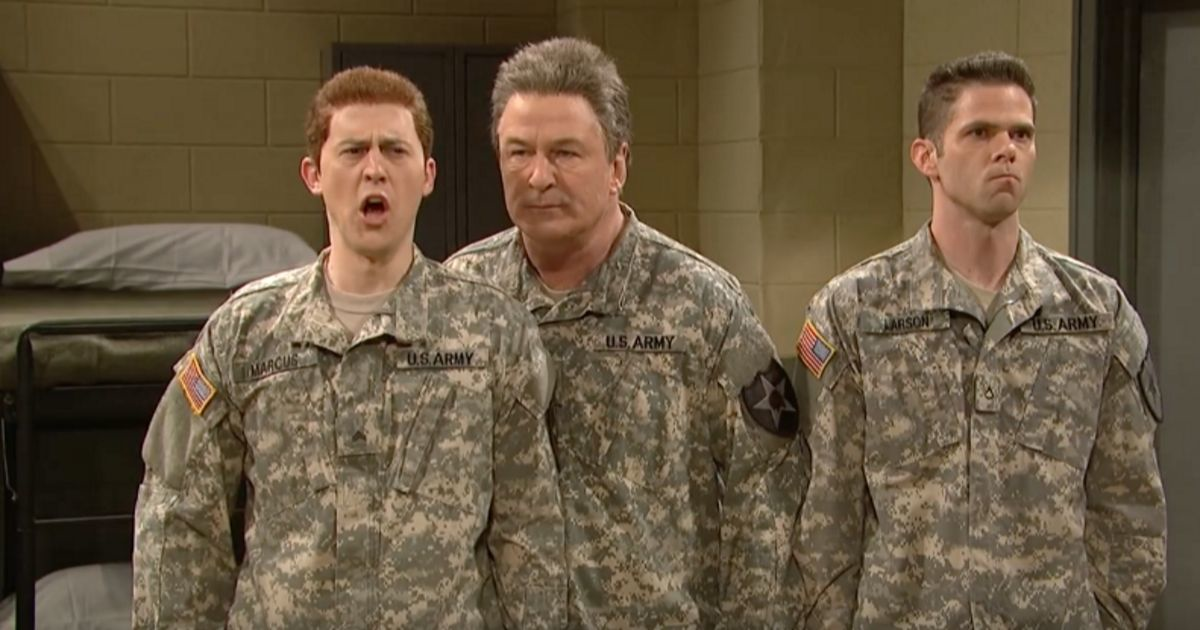The National Guard during your MBA
The below article was written by a long time reader. It details his path into a great position in the National Guard while completing his MBA.
I left the Army in 2018 after serving for eight years active duty and I’m currently serving in the North Carolina National Guard as an Operations Officer and fully functional AH-64D Apache Attack helicopter pilot. Outside of my part-time military requirements, I’m completing my MBA at the Fuqua School of Business at Duke University and I recently served as the President of the Duke Armed Forces Association (DAFA), our veterans’ group at Fuqua. The military has been all I’ve known since the age of 18 with my attendance at the United States Military Academy and I continued my service in the Army National Guard for a multitude of reasons as I outline below.
Transition. For anyone who has served for a while in the military, leaving it presents itself as an unfamiliar and daunting task. I felt that the National Guard/Reserves represented a perfect opportunity to continue serving and was also a way of easing that transition into civilian life. It’s a familiar landscape and I had the choice of assignment for the first time in my career. Finding a position in the Reserves or National Guard is similar to looking for a job in everyday life- it requires networking (formally through a career counselor and informally through your own network), an application, and potentially an interview. I found a great unit with people I enjoyed working with in the NC Guard and I was able to keep flying while completing my graduate studies- it was a win-win.
Purpose. The National Guard allowed me to extend my military service while giving me the ability to further my career concurrently. We all join for a specific reason (a sense of duty, patriotism, etc.); it’s ingrained in us, and I believe it is something that is challenging to let go of. I was able to maintain that sense of purpose through the National Guard, while simultaneously having the latitude to explore other ways to expand my service through programs at Fuqua, such as volunteering at the VA hospital or helping veterans conduct their own transition from active duty service as an admissions ambassador and Service to School career mentor.
Finances/Benefits. My goal getting through graduate school was to take out ZERO loans while maintaining my standard of living from my time in service. The income from my M-Day (Mobilization Day- “weekend warrior”)/AFTP (Aviation Flying Training Periods), summer internship, and VA education benefits greatly assisted me during two years of graduate school with no full-time employment income. Also, some states offer additional benefits like tuition assistance for advanced degrees which can allow you to avoid utilizing your Post-9/11 GI Bill benefits. Regarding health insurance options, add-on healthcare coverage like Tricare Select may be something to consider post-active duty service. As with all things in life, make sure to read the fine print and become aware of any additional obligations (e.g. time commitments) prior to signing up.
The goal of this blog post was to give readers an idea of what went through my mind as I conducted my transition from active duty service to the Army National Guard and my full-time MBA program. Things weren’t exactly spelled out for me as I conducted this transition and I’ve learned a fair amount on the fly. Along the way I also found a great blogger known as Sitrep to Steercos, and found his Army Reserve and the National Guard post to be an excellent resource. I would recommend reading through his informative bullet-point facts to readers interested in learning more detailed information. Overall, I’ve been very happy with my decision to continue serving in the National Guard after my exit from active duty service and I’ll conclude with a number of pearls that I’ve learned along the way; these are some things you might want to consider as you contemplate service beyond active duty:
Find a unit close to you. No really, like no more than one hour away. You’re going to have monthly drill requirements and you’ll potentially go in weekly if you’re an aviator. These drives will get old after working a five-day work week and going in for a weekend drill.
Monthly drill requirements are not 100% contained to the weekends- units may sometimes schedule three-day drill weekends (MUTA 6) to knock out big ticket operational requirements.
Keep an eye on your retirement points per year- you’d be surprised how easy this can be messed up. A “good year” or qualifying year constitutes 50 points. More information can be found here.
Stay on top of your military records- they may not automatically migrate from active duty to the Reserves/National Guard. This can include your IPERMS, Officer Record Brief, etc.
Stipulated by law, you cannot draw both VA benefits and reserve pay concurrently- it’s one or the other. The VA will usually send you a letter by mail every year giving you the option to choose (your Reserve pay will more than likely be higher on a per day basis so it’ll more than likely be smarter to forego the days of VA pay for days of Reserve pay).
Most states have two-year stabilization periods for service members leaving active duty. This is great if you’re looking for some stability for your family or if you’re getting an advanced degree. Do your research if this applies to you; an example is seen here.
Networking is a real thing, and beneficial post-active duty service in the Reserves/National Guard. Besides discussing new opportunities or ideas with your part-time military colleagues, it’s a very beneficial way of learning new information that often came as a given when the military was your full time job. Unlike on active duty, much of the answers are often not spelled out, but you’ll at least know where to look or who to talk to.

